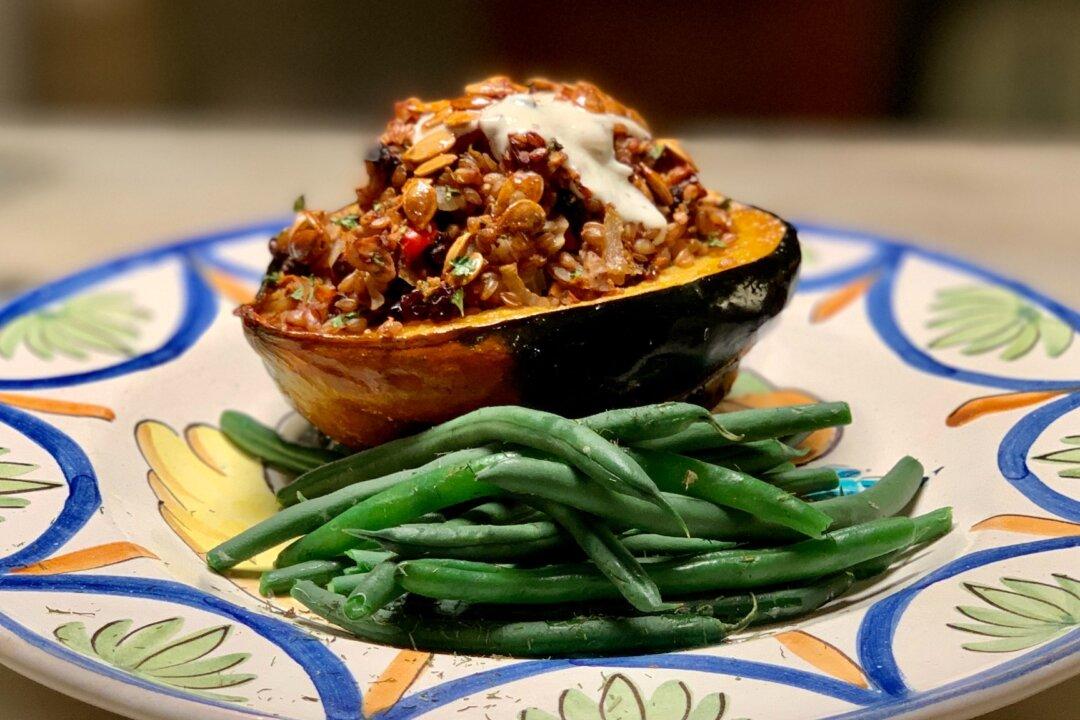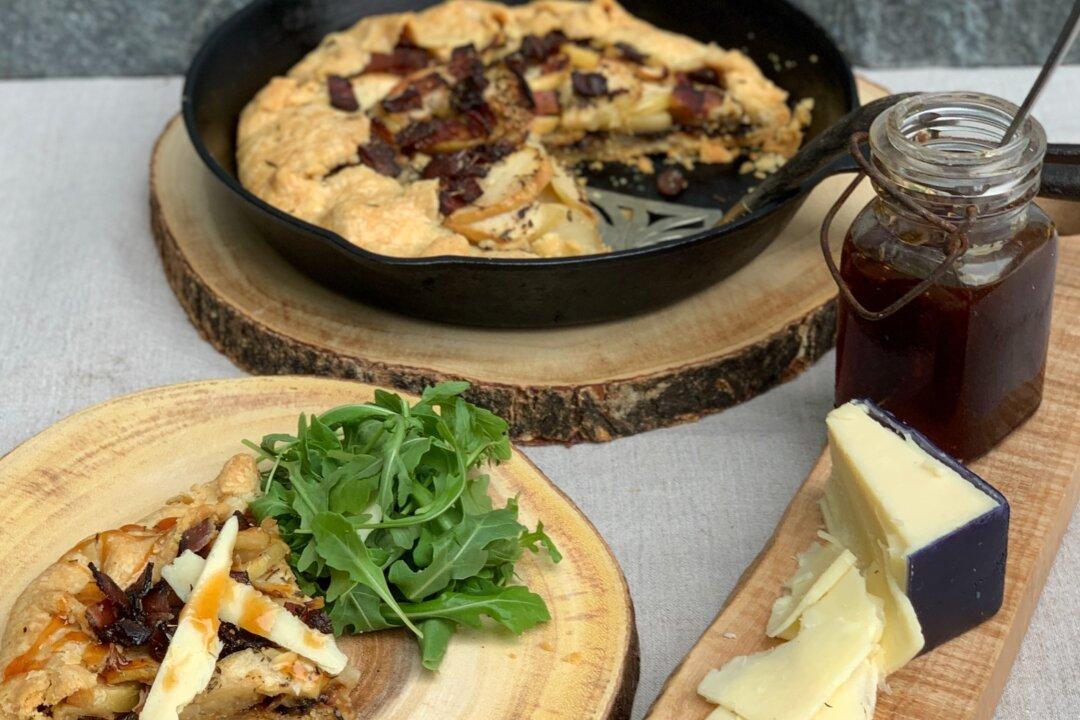When I was five years old, my father taught me how to whistle. I felt pretty special, sitting on the bench seat of his Cadillac, in my favorite dress with the blue flowers. In that rare sliver of time I had him to myself, I tried all the harder, though it took a while. Mimicking his lips as he whistled “Fly Me to the Moon,” I countlessly blew through mine, over and over, until at last, the tiniest whisper of sound came through. I felt a larger sun come out and shine at that moment when he smiled on me.
He taught me the rudimentary method. The other, he reserved for himself. With pointer finger and thumb together up against his tongue, he’d push through one short resolute force of breath, releasing a sound that summoned us from all four corners of the earth where we were scattered. That whistle could pull us succinctly into the firm embrace of paternal authority like a powerful, accurate lasso.





